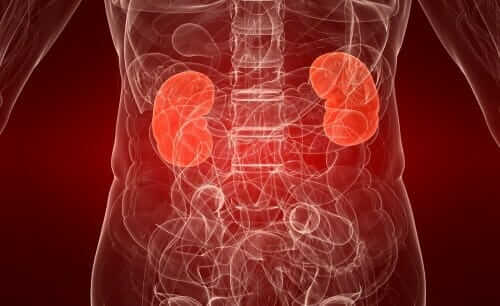By Colin Kenny, Editor – Diabetes Distilled
The Effect of Linagliptin vs Placebo on Major Cardiovascular Events in Adults with Type 2 Diabetes and High Cardiovascular and Renal Risk (CARMELINA) study compared the effect of linagliptin with placebo on cardiovascular (CV) outcomes in adults with type 2 diabetes and high CV risk. The majority of participants also had kidney disease. Researchers found that, when added to usual care, linagliptin was non-inferior to placebo for the primary outcome of major adverse cardiac events but did not show CV benefit.
CARMELINA evaluated the effect of linagliptin, a selective dipeptidyl peptidase-4 (DPP-4) inhibitor, on CV and kidney outcomes in patients with type 2 diabetes at high risk of CV and kidney events. The randomised, non-inferiority trial, which was conducted in 27 countries, recruited adults with type 2 diabetes who had HbA1c levels ranging from 48 mmol/mol (6.5%) to 86 mmol/mol (10.0%), a history of vascular disease, and a urine-to-albumin creatinine ratio >200 mg/g. Patients were randomly allocated to receive linagliptin 5mg once daily (n=3,494) or placebo (n=3,485) in addition to usual care.
In this patient population, when added to usual care, linagliptin was non-inferior to placebo for the primary outcome of three-point major adverse CV events (CV death, non-fatal myocardial infarction or non-fatal stroke) and did not show evidence of CV benefit over a median of 2.2 years. Compared to placebo, linagliptin had no significant effect on the incidence of composite kidney-related outcomes (death due to renal failure, end-stage renal disease or sustained 40% or higher estimated glomerular filtration rate from baseline).
To access the publication, click here





